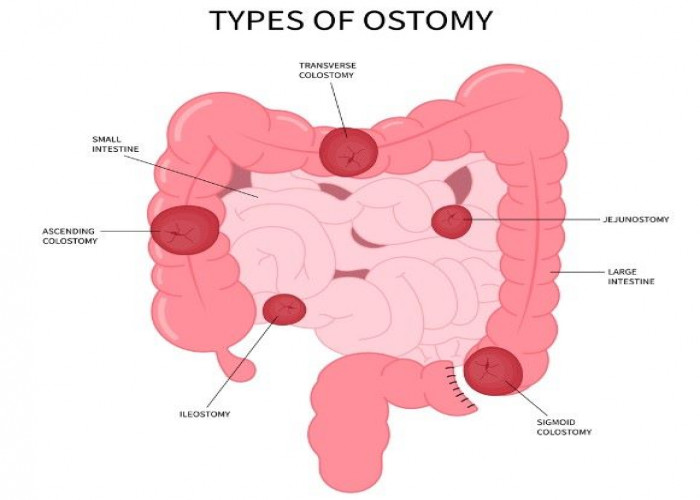 Welcome
Welcome
“May all be happy, may all be healed, may all be at peace and may no one ever suffer."
Familial adenomatous polyposis
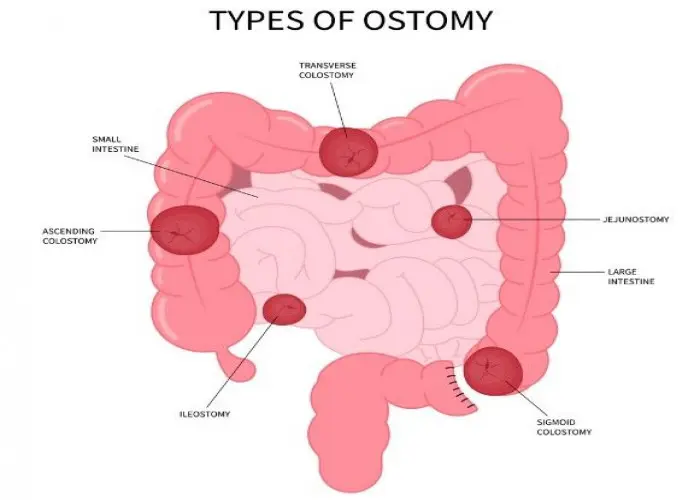
Familial adenomatous polyposis (FAP) is a genetic disorder that is characterized by the development of numerous polyps in the colon and rectum. The polyps are noncancerous growths that can develop into cancer over time if left untreated.
FAP is an inherited condition caused by a mutation in the APC (adenomatous polyposis coli) gene. People with FAP inherit one mutated copy of the APC gene from a parent who also has FAP. The likelihood of developing FAP is 50% if one parent has the condition.
The number of polyps in the colon and rectum can vary from a few to thousands. If the polyps are not removed, the risk of developing colon cancer approaches 100% by age 40. In addition to the colon, polyps can also develop in other parts of the digestive tract, such as the stomach and small intestine.
Symptoms of FAP can include abdominal pain, diarrhea, constipation, and rectal bleeding. People with FAP may also have an increased risk of other types of cancer, such as cancer of the stomach, duodenum, pancreas, thyroid, and liver.
Treatment for FAP usually involves regular surveillance and removal of polyps in the colon and rectum. Surgery to remove the colon and rectum may be necessary in some cases, particularly if the polyps are too numerous or too large to be removed through endoscopy. Genetic counseling is also recommended for people with FAP and their family members to help them understand their risk of developing the condition and to discuss options for genetic testing and family planning.
Research Papers
Disease Signs and Symptoms
- Genetic problems
Disease Causes
Familial adenomatous polyposis
Familial adenomatous polyposis is caused by a defect in a gene that's usually inherited from a parent. But some people develop the abnormal gene that causes the condition.
Disease Prevents
Familial adenomatous polyposis
Preventing FAP is not possible, since it is an inherited genetic condition. However, if you or your child is at risk of FAP because of a family member with the condition, you will need genetic testing and counseling.
If you have FAP, you will need regular screening, followed by surgery if needed. Surgery can help prevent the development of colorectal cancer or other complications.
Disease Treatments
At first, your doctor will remove any small polyps found during your colonoscopy exam. Eventually, though, the polyps will become too numerous to remove individually, usually by your late teens or early 20s. Then you will need surgery to prevent colon cancer. You will also need surgery if a polyp is cancerous. You may not need surgery for AFAP.
Minimally invasive colorectal surgery
Your surgeon may decide to perform your surgery laparoscopically, through several small incisions that require just a stitch or two to close. This minimally invasive surgery usually shortens your hospital stay and allows you to recover more quickly.
Depending on your situation, you may have one of the following types of surgery to remove part or all of the colon:
- Subtotal colectomy with ileorectal anastomosis, in which the rectum is left in place
- Total proctocolectomy with a continent ileostomy, in which the colon and rectum are removed and an opening (ileostomy) is created, usually on the right side of your abdomen
- Total proctocolectomy with ileoanal anastomosis (also called J-pouch surgery), in which the colon and rectum are removed and a part of the small intestine is attached to the rectum
Follow-up treatment
Surgery doesn't cure FAP. Polyps can continue to form in the remaining or reconstructed parts of your colon, stomach and small intestine. Depending on the number and size of the polyps, having them removed endoscopically may not be enough to reduce your risk of cancer. You may need additional surgery.
You will need regular screening — and treatment if needed — for the complications of familial adenomatous polyposis that can develop after colorectal surgery. Depending on your history and the type of surgery you had, screening may include:
- Sigmoidoscopy or colonoscopy
- Upper endoscopy
- Thyroid ultrasound
- CT or MRI to screen for desmoid tumors
Depending on your screening results, your doctor may additional treatments for the following issues:
- Duodenal polyps and periampullary polyps. Your doctor may recommend surgery to remove the upper part of the small intestine (duodenum and ampulla) because these types of polyps can progress to cancer.
- Desmoid tumors. You may be given a combination of medications, including nonsteroidal anti-inflammatory drugs, anti-estrogen and chemotherapy. In some cases, you may need surgery.
- Osteomas. Doctors may remove these noncancerous bone tumors for pain relief or cosmetic reasons.
Potential future treatments
Researchers continue to evaluate additional treatments for FAP. In particular, the use of pain relievers such as aspirin and nonsteroidal anti-inflammatory drugs (NSAIDs), as well as a chemotherapy drug, are being investigated.
Disease Diagnoses
Disease Allopathic Generics
Disease Ayurvedic Generics
Disease Homeopathic Generics
Disease yoga
Familial adenomatous polyposis and Learn More about Diseases

Deviated septum
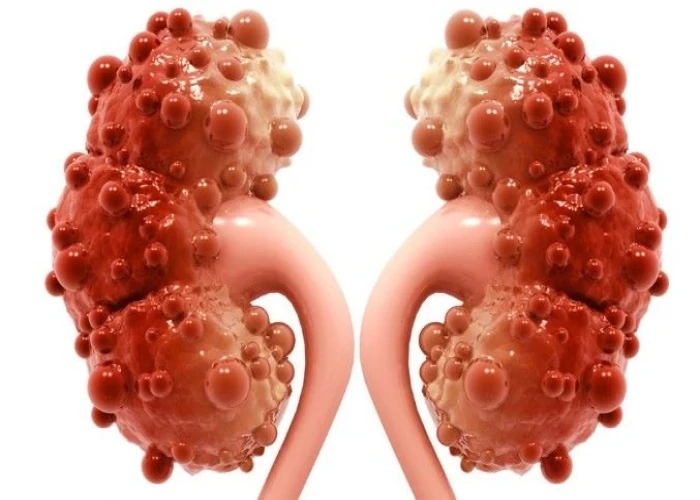
Polycystic kidney disease
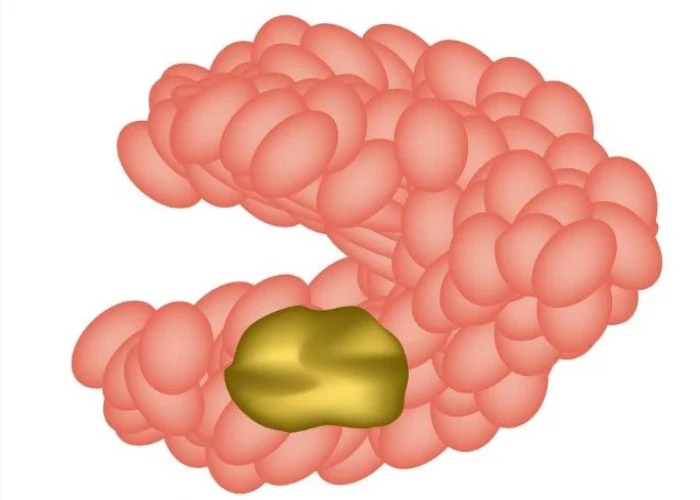
Jaw tumors and cysts

Cancer
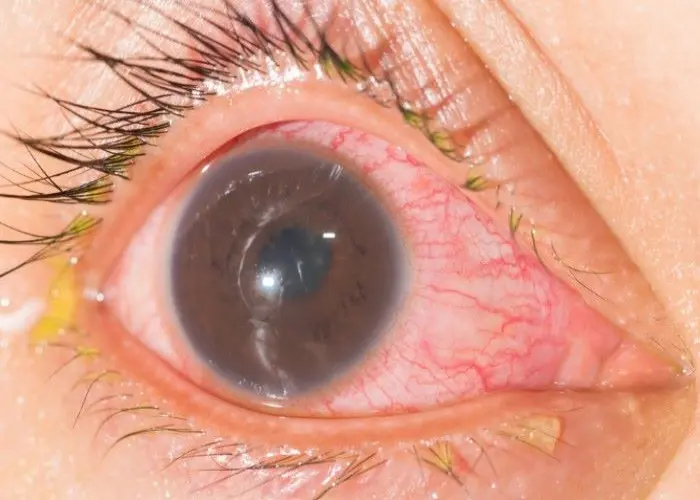
Iritis
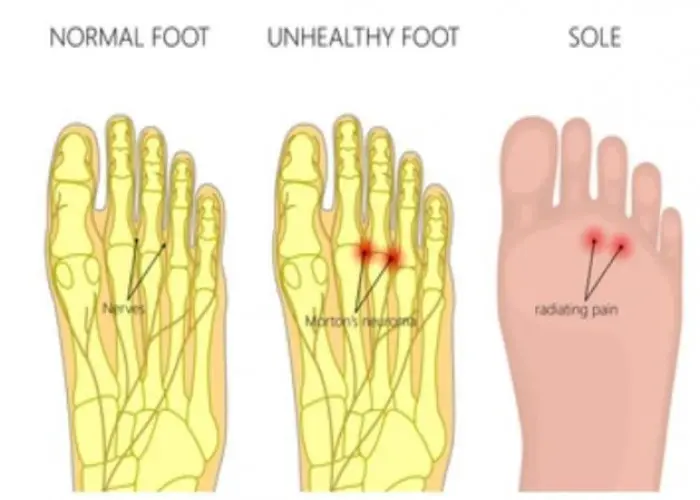
Benign peripheral nerve tumor

Bartholin's cyst

Latex allergy
familial adenomatous polyposis, ফ্যামিলিয়াল অ্যাডেনোমেটাস পলিপোসিস
To be happy, beautiful, healthy, wealthy, hale and long-lived stay with DM3S.
